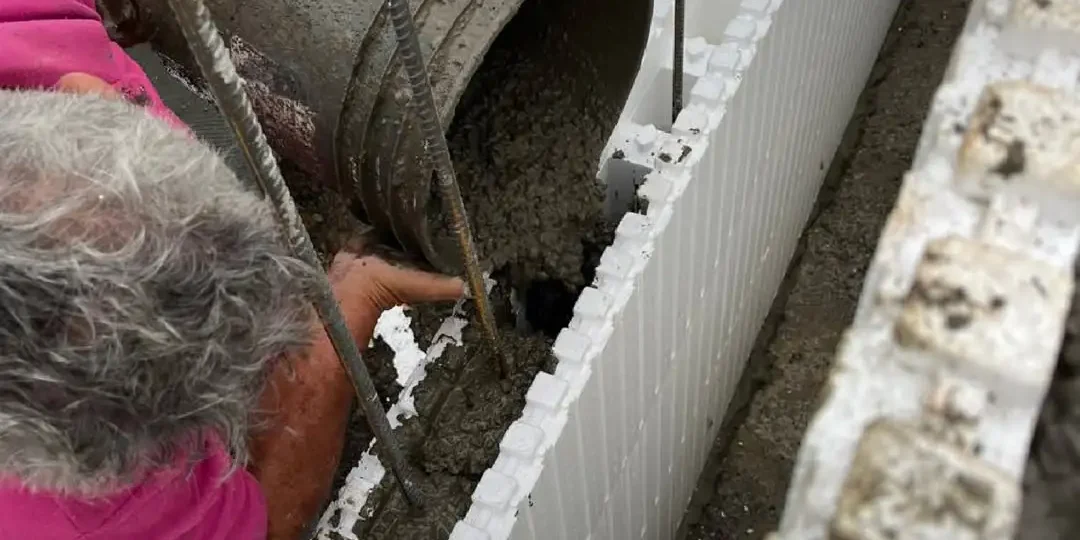
In an era where sustainability, efficiency, and resilience are no longer optional but essential, Insulated Concrete Forms (ICF) have emerged as a revolutionary construction method. From energy savings to superior structural performance, ICF is redefining how we build modern homes and commercial spaces. But what makes ICF the future of construction? Let’s explore.
1. Superior Energy Efficiency
ICF walls consist of a continuous layer of EPS (expanded polystyrene) insulation on both sides of a solid concrete core. This design provides:
- Up to 60% reduction in energy consumption.
- Superior thermal insulation (R-values much higher than traditional walls).
- A more comfortable indoor climate year-round.
As energy costs rise and environmental concerns grow, homeowners and developers are seeking solutions like ICF to create buildings that require less heating and cooling.
2. Exceptional Structural Strength
ICF structures offer unparalleled durability:
- Resistance to earthquakes and high winds (tested up to hurricane standards).
- Greater longevity compared to wood-frame or block construction.
- Reduced maintenance needs over time.
This makes ICF ideal for areas prone to natural disasters and for homeowners seeking a safer, longer-lasting home.
3. Acoustic and Thermal Comfort
The combination of EPS insulation and solid concrete provides:
- Excellent soundproofing, blocking out external noise.
- Consistent indoor temperatures, reducing thermal bridging and cold spots.
For luxury homes and urban environments, this comfort level is a major advantage.
4. Environmentally Friendly
ICF construction contributes to sustainability by:
- Reducing construction waste (thanks to precision modular panels).
- Lowering carbon footprint with long-term energy savings.
- Creating airtight and moisture-resistant envelopes that improve indoor air quality.
As green building certifications like LEED and Costa Rica’s Blue Flag Ecological Program gain traction, ICF aligns perfectly with these sustainable practices.
5. Faster and Cleaner Construction
Unlike traditional methods, ICF’s lightweight panels are easy to transport and assemble. Builders can:
- Complete walls more quickly.
- Work in a cleaner, less cluttered job site.
- Reduce labor costs and timelines by up to 20-30%.
This efficiency is a game-changer for developers and individual homeowners alike.
Why ICF Is Leading the Change in Costa Rica
At OKO HAUSEN, we’ve embraced ICF as the cornerstone of our sustainable luxury homes. In Costa Rica’s tropical climate, ICF provides resilience against humidity, heat, and seismic activity, while blending seamlessly with innovative architectural design.
It’s not just a building method—it’s a commitment to future-ready, environmentally conscious living.
The Future Is Here
ICF isn’t just an alternative; it’s becoming the global standard for forward-thinking construction. With its unmatched benefits in energy efficiency, durability, comfort, and sustainability, ICF is the logical choice for anyone planning to build a home that lasts for generations.
Ready to build your dream home the smart way? Discover how OKO HAUSEN is leading the way with ICF technology.
